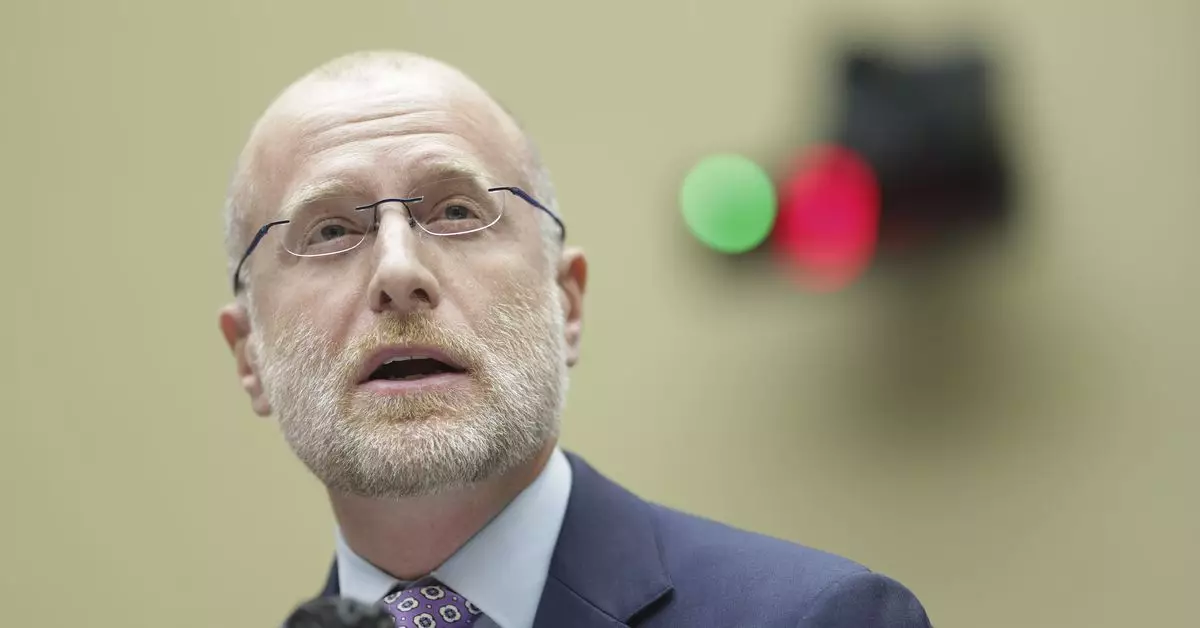Brendan Carr’s appointment as the chairman of the Federal Communications Commission (FCC) under President-elect Donald Trump could herald significant shifts in the regulation of speech across digital and broadcasting platforms. Since joining the FCC in 2017, Carr has garnered attention for his controversial stance on online speech and the regulatory frameworks surrounding social media. With the power to influence a range of crucial issues—from net neutrality to content moderation on platforms—Carr’s leadership raises essential questions regarding the future landscape of communication in the United States.
Carr’s tenure as a commissioner has been marked by bold, sometimes polarizing actions. He has been outspoken about leveraging the FCC’s regulatory powers to impose restrictions on social media platforms in a manner that some critics argue could curtail free expression. His involvement with Project 2025, an initiative aimed at reshaping federal policies, exemplifies his approach to regulate online speech, particularly positioning conservative viewpoints as a priority. This inclination toward regulation raises concerns about potential censorship and the implications for diverse speech in a democratic society.
One of the more alarming aspects of Carr’s proposed policies is the limiting of the legal safeguards that enable platforms to manage user-generated content. By suggesting that tech companies should face stringent regulations regarding their content moderation and prioritization choices, Carr’s vision risks transforming the plurality of voices on social media into a regulated echo chamber. His threats to penalize companies for exercising their discretion in content moderation spark fears that the FCC could morph into a tool for partisan agenda, thereby infringing upon the fundamental tenets of free speech.
Carr’s opposition to net neutrality is another critical component of his record that shapes perceptions of his potential chairmanship. His 2017 vote to repeal net neutrality marked a decisive moment in the debate over how internet traffic should be managed and accessed. The inability to restore net neutrality reflects a broader philosophical clash over the role of government in regulating technology versus promoting unfettered access to information. Carr’s ongoing resistance to restore these rules signals a preference for deregulation in a digital economy that is ever more essential for the average citizen.
As Carr prepares to assume the role of chairperson, the implications of his past decisions and proposed policies extend far beyond the walls of the FCC. He stands at the crossroads of a crucial regulatory environment that will likely shape the future of communications for years to come. Stakeholders across the spectrum—policymakers, tech companies, and citizens—will be closely watching the developments from the FCC under his leadership. Balancing the tenets of free speech with the need for responsible content regulation will be a formidable challenge that Carr must navigate, and how he does so will define his legacy in this pivotal role.

